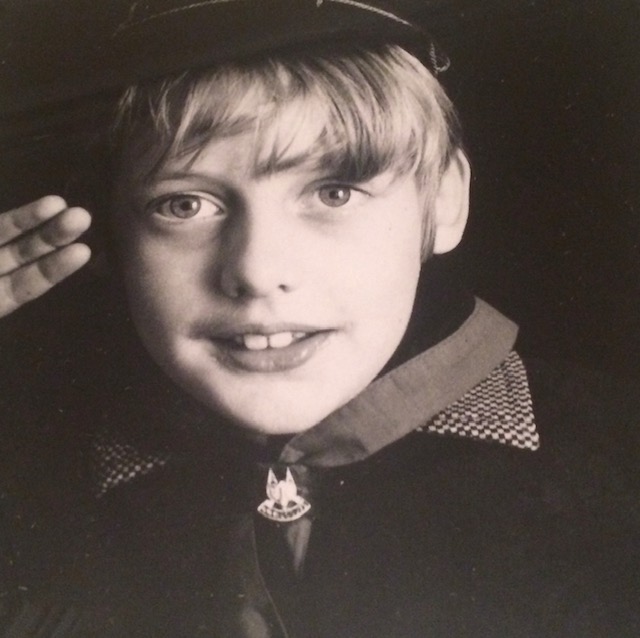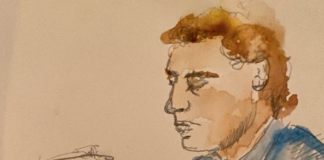- Dark speak easy part one - 18th February 2026
- X marks the spot again - 17th February 2026
- Wordy again part three - 16th February 2026

Here our Editor Phil Parry takes a bank holiday look back at the disturbing publicity now being disclosed about attending a minor private school.
Earlier he described how he was helped to break into the South Wales Echo office car when he was a cub reporter, recalled his early career as a journalist, the importance of experience in the job, and making clear that the ‘calls’ to emergency services as well as court cases are central to any media operation.
He has also explored how poorly paid most journalism is when trainee reporters had to live in squalid flats, the vital role of expenses, and about one of his most important stories on the now-scrapped 53 year-old BBC Cymru Wales TV Current Affairs series he presented for 10 years, Week In Week Out (WIWO), which won an award even after it was axed, long after his career really took off.

Phil has explained too how crucial it is actually to speak to people, the virtue of speed as well as accuracy, why knowledge of ‘history’ is vital, how certain material was removed from TV Current Affairs programmes when secret cameras had to be used, and some of those he has interviewed.
He has also disclosed why investigative journalism is needed now more than ever although others have different opinions, and how information from trusted sources is crucial at this time of crisis.
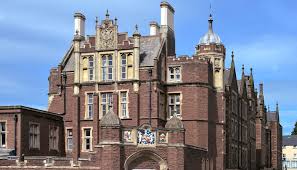
It now appears that the torment of going to a private school (as I did) is finally coming into the open, and The Eye have played a part.
I attended Monmouth School, which is a second division private school, between 1973 and 1980 on a ‘direct grant’, and it was treated, effectively, like a grammar school, although you were never allowed to call it that (it never did Manchester Grammar School any harm however!).
The education there helped secure for me a good job, and a decent place in society. Other aspects. however, were less good.
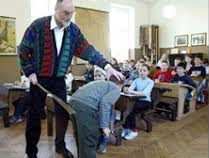
Beatings were commonplace, and I clearly remember being hit in the head by one master because, along with the rest of the class, I was ‘marching’ into the Chemistry lesson and making a noise on the wooden floor.
This teacher was also housemaster of the small boys boarding house called St James’, where the children went before they were assigned to their allotted senior houses. He hit boys there too.
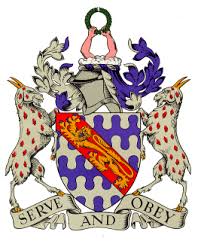
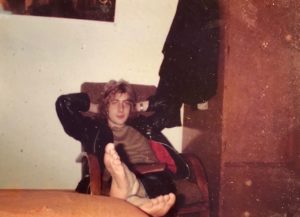
A young friend of mine who was in St James’, confided in me that this master had told him that although he caned other boys he would not touch him because he liked him. These were children of 11 or 12.
A class vote before the beatings happened on occasions (I was always getting beaten for day dreaming or talking in class) and when I was the subject of one once, everyone voted for me to be ‘dapped’ except, to his eternal credit, my best friend at the time (a ‘dap’ is known as a ‘plimsole’ to some).
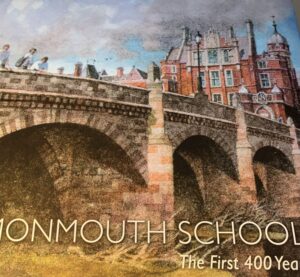
A biology teacher used to beat boys on their behinds using a large pair of wooden protractors with the word ‘IDIOT’ scrawled on the instrument backwards in chalk. After the beating took place the victim would have ‘IDIOT’ in chalk the right way round on his backside.
On another occasion when I was misbehaving in the dinner queue, a master came up behind me, hurled me down a flight of stone stairs and held me up against a wall. I was only 12.
Before a caning on the hand the Headmaster (who was described as “the last of the emperors” in a recent book by the school) would often say: “Why have you got your hands in your pockets boy? If they’re cold, I’ve got a way of warming them up for you!”.
But these assaults had an appalling effect on us as children, which lasted until we were adults.
My best mate in school (the one who voted for me not to be ‘dapped’) only told me a couple of years ago of how he was caned by the Headmaster for riding his bike in the wrong part of school. He is in his 50s.
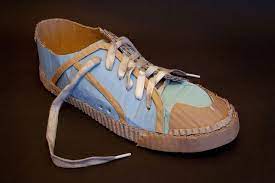
He found the experience painful, and so deeply humiliating he did not tell me at the time nor for years afterwards, yet I have seen him countless times since we both left Monmouth School.
Another master used to keep an old ‘dap’ in his bag to hit the boys if they misbehaved. Before the beating took place he would often ask for a class vote on whether the ‘dap’ should be used and, of course, boys being boys, they invariably voted for the assault to take place. This teacher was a genuine fascist and wore a black tie to school the day that Franco died.


In response to publication of these kind of memories on The Eye, I was contacted by another pupil, who also attended the school in the 70s, and explained the terrible reality of what life was like for him.
He wrote: “I have come to understand that Monmouth School’s particular contribution… was a degree of brutality, expressed through a considerable number of its teachers… it has also left extremely deep psychological scars in my life, the result of intense trauma…there are many who have suffered in silence over decades of their subsequent lives. Not only from Monmouth, but certainly from there too. And yet the school, and society in general, continues to turn a blind eye to the results of brutalising young lives. It is a tragedy”.
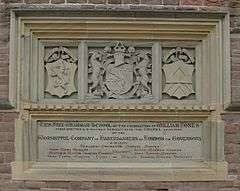
But now it appears the truth about this sort of treatment, and its awful legacy, in other schools is, finally, coming out.
In The Sunday Times the author Louis de Bernières wrote about the hell he experienced at his Kent prep school, and it prompted an outpouring of comments from people telling of their own memories.
Mr de Bernières boarded at Grenham House prep school between the ages of eight and 13. The school has since closed.
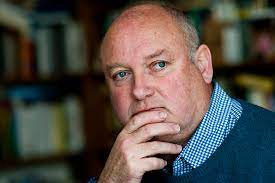
After he spoke out about his experiences there, one reader said of his own school: “Punishment was varied, with most of it being corporal or having to run a certain distance in a certain time. One boy was expelled for punching his housemaster after his housemaster had beaten him. I have always admired the boy for doing that”.
Another ‘victim’, from Clyro in Powys wrote: “I lost my confidence and was terrified of public speaking for many years. At the age of 15 I started to rebel but this horrible school left me with very little in the way of education and very little desire to learn. Only years later did I do a degree — aged 66”.

A further comment, which chimes with my own experience as a day-boy, was: “The headmaster was a terrifying sadist. He waged a continuous war against the non-boarders, whom he referred to as “day-school horrors”. This was partly because many of them came to school by bus, which he reviled as being common. Any day-boy seen getting on or off a bus was beaten”.
A different remark also shed light on the terrible ordeal at this kind of school: “Between the ages of 10 and 12, I received 32 beatings for being naughty. You would wait for up to one week, where you and everybody knew that on the Friday evening, while you and all the boys were in bed, and just before lights out, the housemaster would come to the dormitory door and call your name. You would follow him into his study, where he would tell you that you had been naughty and tell you to bend over, then only wearing your pyjamas you would be beaten on your bottom with a gym shoe”.
 I now have to undertake regular ‘therapy sessions’ over a cup of coffee with a friend across the road who went to Monmouth School in the 60s, who hates it more than I do, and is the only one who understands!
I now have to undertake regular ‘therapy sessions’ over a cup of coffee with a friend across the road who went to Monmouth School in the 60s, who hates it more than I do, and is the only one who understands!
But it seems, we are not alone…
Tomorrow – how news that an Oxford University bursary to help Welsh students sponsored by a Hollywood star, and that the actor has fought coronavirus (Covid-19), shine the spotlight on how The Eye revealed he had asked about the cost of supporting the service from a controversial website in Wales, which is backed by the taxpayer and supports independence.
The memories of Phil’s remarkable decades-long award-winning career in journalism (after his years at Monmouth School) as he was gripped by the rare disabling neurological condition Hereditary Spastic Paraplegia (HSP), have been released in a major book ‘A GOOD STORY’. Order the book now! The picture doubles as a cut-and-paste poster!








